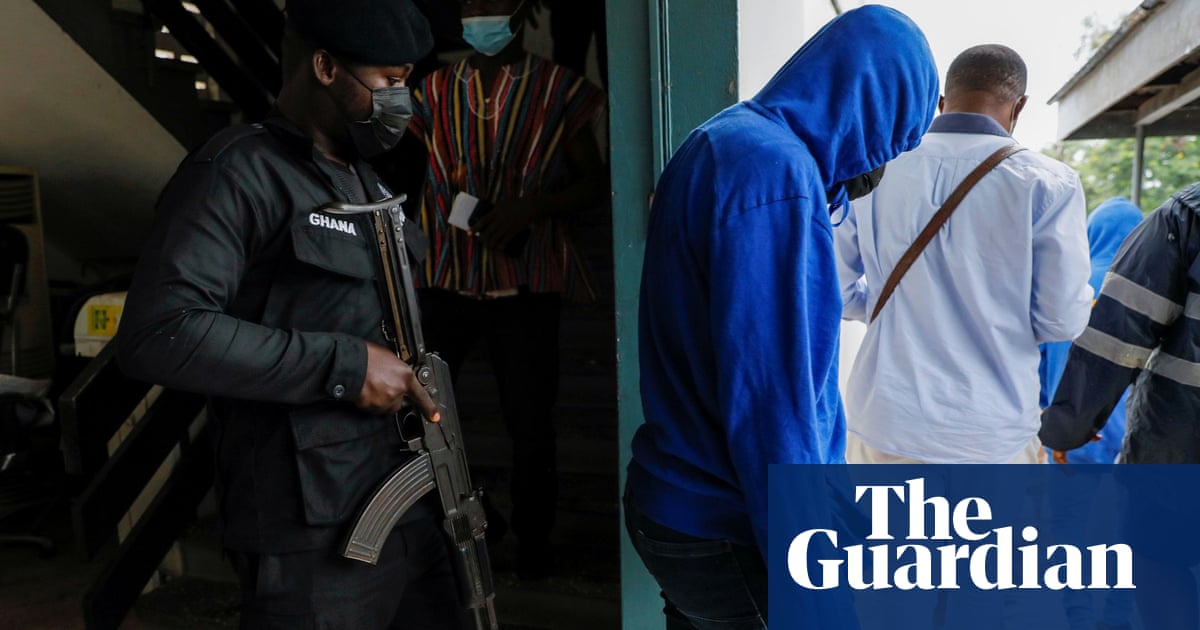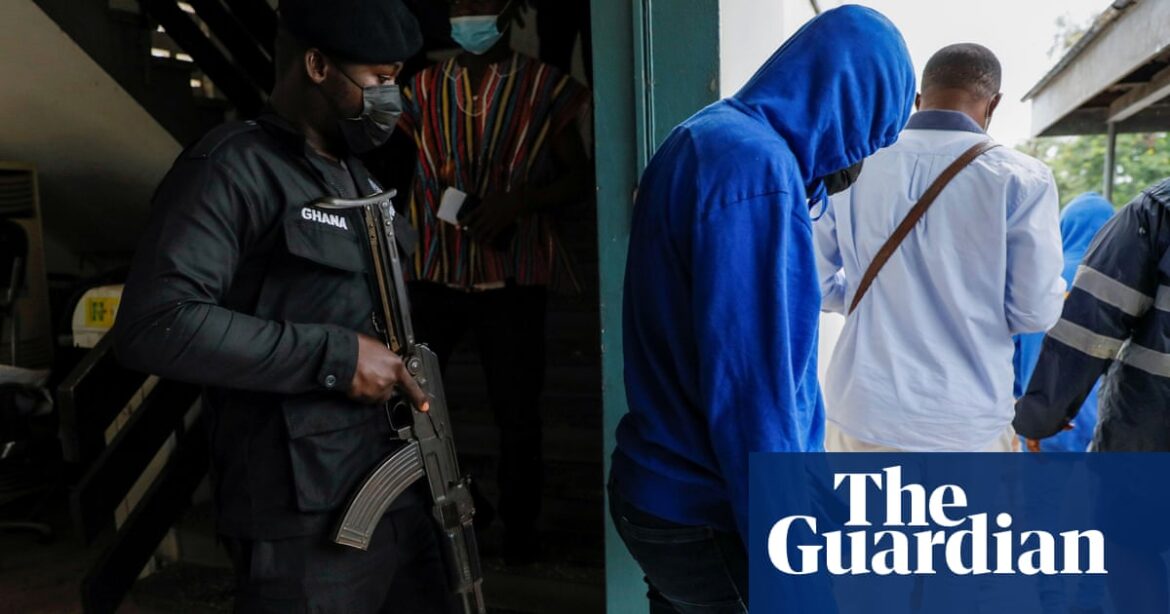
The parliament of Ghana approved a law that enforces stricter measures against the rights of LGBTQ individuals and individuals advocating for non-traditional sexual or gender identities in the country of West Africa.
The recently approved law, passed on Wednesday, stipulates that individuals can face a maximum of five years in prison for purposely promoting, sponsoring, or supporting LGBTQ+ activities.
Before it can become law, the bill must first be approved by the president. However, many observers doubt that this will happen before the upcoming general election in December.
According to activist organizations, the Human Sexual Rights and Family Values legislation is a hindrance to human rights, and they are encouraging President Nana Akufo-Addo’s administration to refuse it.
However, the bill has strong backing in Ghana, with Akufo-Addo declaring that same-sex marriage will not be permitted during his tenure as leader.
The comprehensive law, often known as the anti-LGBTQ+ bill, was supported by a group made up of Christian, Muslim, and Ghanaian traditional leaders and was approved through a unanimous voice vote without opposition.
Although there are instances of discrimination against LGBTQ individuals, there has not been any legal action taken against it under the historic law.
According to the bill, same-sex intimate behavior may result in imprisonment for a time period between six months and three years.
People speaking in support of LGBTQ rights may face stricter consequences, possibly leading to imprisonment for three to five years.
The bill’s passage was condemned by Volker Türk, the UN’s human rights chief.
“I urge against the passing of this bill,” he stated. “The act of consensual same-sex behavior should never be considered a crime.”
He cautioned that taking such actions could make individuals vulnerable to hate crimes. He also urged the government to guarantee that all individuals, regardless of their sexual orientation or gender identity, are able to live without fear of violence, stigma, and discrimination.
The bill has faced criticism from the Big 18, a collection of human rights attorneys and advocates in Ghana.
The coalition member, Takyiwaa Manuh, stated that the bill is unjust because it targets an individual’s identity, which should not be criminalized.
Manuh told AFP that we strongly urge the president not to approve the bill, as it blatantly disregards the human rights of the LGBT community.
Sam George, an opposition legislator who introduced the bill, urged Akufo-Addo to give his approval to it.
George stated that the recently passed bill by parliament is the best solution for addressing LGBTQ issues. He hopes that the president will follow through on his promises.
The LGBTQ community in Ghana is concerned about the potential consequences of the proposed bill.
According to Alex Kofi Donkor, founder and director of LGBT+ Rights Ghana, the approval of this bill will increase the marginalization and threat to LGBTQ individuals in Ghana.
He stated that it not only permits discrimination, but also promotes a climate of dread and mistreatment.
“Enforcing strict punishments for both LGBTQ individuals and advocates, this legislation puts the safety and welfare of an already marginalized community at risk.”
The International Lesbian, Gay, Bisexual, Trans and Intersex Association (ILGA) reports that approximately 30 African nations currently prohibit homosexuality.
Same-sex relationships are punished severely in Uganda, Mauritania, and some states in northern Nigeria, where the accused could potentially face the death penalty.
In 2006, South Africa became the sole country in Africa to legalize same-sex marriage.
According to the ILGA, only a small number of countries have eliminated the criminalization of homosexual activity. These countries include Cape Verde, Gabon, Guinea-Bissau, Lesotho, Mozambique, and Seychelles.
Source: theguardian.com



